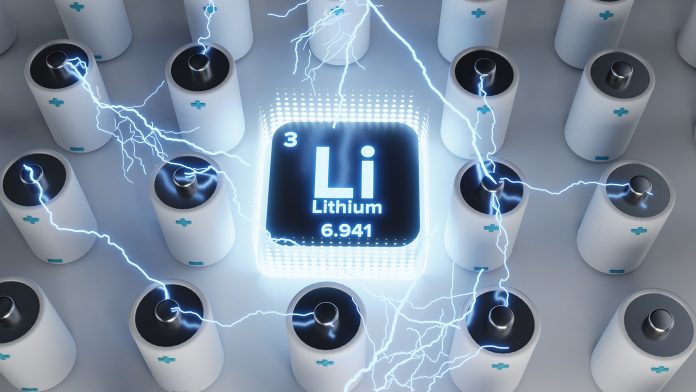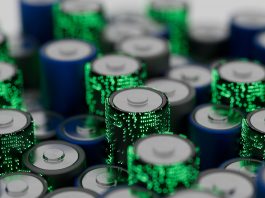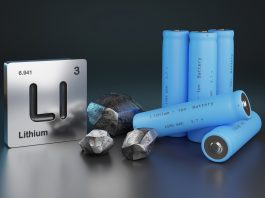Researchers from the University of Missouri have received $500,000 in funding to improve the safety and performance of solid-state lithium-ion batteries.
Lithium-ion batteries are the crucial power source behind a range of modern-day technologies we rely on, such as personal electronics and electric vehicles. However, these batteries have a fundamental safety issue, as one of their key components – electrolytes – are flammable in a liquid state. For the last 30 years, scientists have been working on pioneering solid electrolytes to enhance safety.
Limitations of lithium-ion batteries
The innovation of solid-state lithium-ion batteries, which comprise solid electrolytes, is believed to be a significant advancement in battery technology; however, these batteries are still plagued with performance issues.
To overcome this, a team of university researchers are working to find out why these performance issues persist. Their research will be focused on developing solutions for safer solid-state lithium-ion batteries that are better optimised for energy storage.
Matthias J Young, an assistant professor with joint appointments in the Department of Biomedical, Biological and Chemical Engineering and the Department of Chemistry, said: “We’re working to develop a fundamental understanding about why the performance is lacking with these solid-state lithium-ion batteries, so that we can intelligently address it and make them work as well as they should.”
Enhancing battery performance
The team recently received a three-year, $500,000 grant from the National Science Foundation (NSF) to investigate these limitations, which they believe may be due to a key connection point on the battery.
Young explained: “We’re going to look at what’s forming at that interface, and then use that knowledge to understand how and why those reactions are taking place.”
The team will utilise a specialised electron microscope — a Thermo Fisher Scientific Spectra 300 Transmission Electron Microscope (TEM) Electron Microscopy Core (EMC) to conduct their research. This microscope can expertly analyse atoms.
Xiaoqing He, a senior scientist in the EMC and adjunct assistant professor in the Department of Mechanical and Aerospace Engineering, commented: “This microscope is a powerful analytical tool that allows us to gather much more detailed information that’s otherwise not obtainable by other microscopy tools. Here, we can use it to systematically study the interface between the lithium-ion battery cathode and the solid-state electrolyte to better understand the nature of the interface both chemically and structurally.”
The scientists will also employ thin film polymer coatings to probe and understand the chemical reactions that occur.
“These coatings act as selective membranes and will only let certain things move between the two materials,” Young said. “By controlling those reactions and observing what’s going on, we believe that insight can ultimately help us understand the fundamentals of what’s happening.”
Their collective findings will help form a solution to the performance issues of solid-state lithium-ion batteries.
Young concluded: “We will ultimately use this knowledge to be able to introduce an engineered interface that will prevent the undesired reactions from occurring and still maintain the desired energy properties — so the battery can charge and discharge quickly.”









